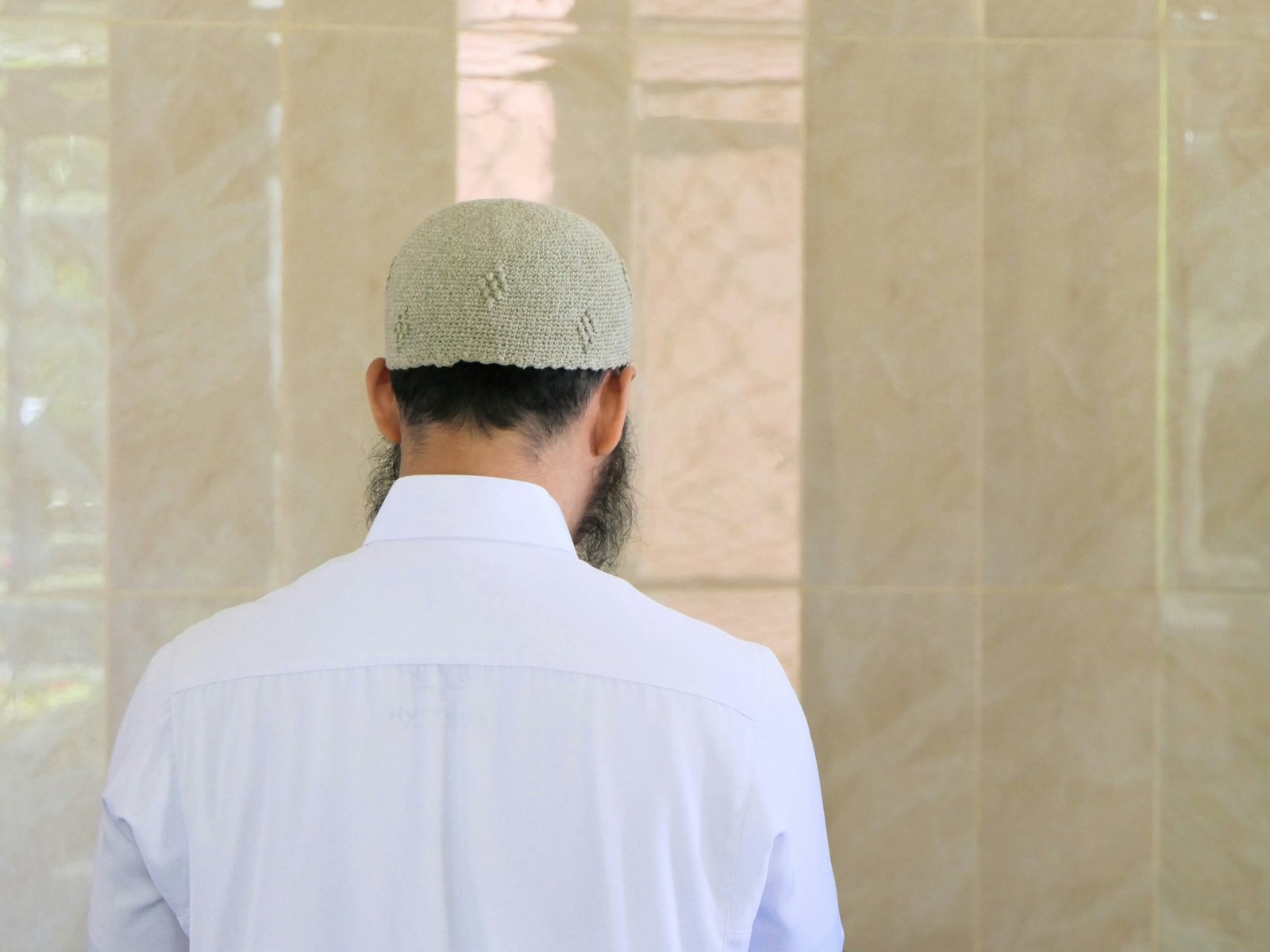
Audiobooks

Video Lectures

Fatwa

Ask the Scholars
Islam-sharia
“A specialized scholarly body dedicated to issuing fatwas and providing Sharia consultations, and to promoting a sound understanding of Islam through a balanced academic approach that combines authenticity and renewal.”
🕌 Issuing Sharia-Based Fatwas
Islam-sharia provides accurate and well-founded fatwas based on the Qur’an and Sunnah, while considering contemporary realities and addressing the evolving needs of Muslims.
📘 Providing Specialized Sharia Consultations
Islam-sharia delivers expert, Sharia-based guidance across diverse aspects of life, grounded in a sound and methodical scholarly approach.
📚 Preparing Sharia Research
Islam-sharia conducts in-depth studies and scholarly research in Islamic law and related disciplines, aiming to contribute to contemporary Islamic thought and legal understanding.

Scholars
Islam-sharia includes a group of scholars and specialists in Fiqh, Usul al-Din (fundamentals of religion), Tafsir, Aqeedah, and other Islamic disciplines. They contribute to issuing fatwas, answering Muslims’ questions, producing accredited Sharia research, and addressing the pressing issues of the Muslim community.
Chairman’s Message
In the name of Allah, the Most Gracious, the Most Merciful.
Praise be to Allah, who honored us with knowledge and made us the inheritors of the Prophets. Peace and blessings be upon our Master Muhammad, the best of messengers and guides.
Islam-sharia was established to be a beacon of knowledge and fatwa, combining traditional jurisprudence with the demands of the modern age, armed with the Qur’an and Sunnah, and guided by the methodology of moderation and balance.
In an era full of questions and challenges, we strive to provide precise fatwas and reliable Sharia consultations that serve Muslims in their religious and worldly affairs.
We ask Allah to grant us success in serving this religion, and to make Islam-sharia a light for those seeking the truth and a platform for spreading beneficial knowledge. Indeed, He is the Guardian and Able to do all things.
Chairman of Islam-sharia
[Name of the Chairman]
Fatwas

General Fatwas on the Rulings of Prayer in Islam #6
Introduction to the Rulings of Prayer Prayer (Salah) is one of the most important acts of worship in Islam, and every Muslim is obligated to observe it regularly. Islamic Sharia has laid out clear rulings regarding how prayer is performed, including its pillars and...

General Fatwas on the Rulings of Prayer in Islam #5
Introduction to the Rulings of Prayer Prayer (Salah) is one of the most important acts of worship in Islam, and every Muslim is obligated to observe it regularly. Islamic Sharia has laid out clear rulings regarding how prayer is performed, including its pillars and...

General Fatwas on the Rulings of Prayer in Islam #4
Introduction to the Rulings of Prayer Prayer (Salah) is one of the most important acts of worship in Islam, and every Muslim is obligated to observe it regularly. Islamic Sharia has laid out clear rulings regarding how prayer is performed, including its pillars and...

General Fatwas on the Rulings of Prayer in Islam #3
Introduction to the Rulings of Prayer Prayer (Salah) is one of the most important acts of worship in Islam, and every Muslim is obligated to observe it regularly. Islamic Sharia has laid out clear rulings regarding how prayer is performed, including its pillars and...

General Fatwas on the Rulings of Prayer in Islam #2
Introduction to the Rulings of Prayer Prayer (Salah) is one of the most important acts of worship in Islam, and every Muslim is obligated to observe it regularly. Islamic Sharia has laid out clear rulings regarding how prayer is performed, including its pillars and...
Fiqh Updates
No Results Found
The page you requested could not be found. Try refining your search, or use the navigation above to locate the post.
About Us

Islam-sharia is a specialized scholarly body comprising a select group of experienced scholars and jurists in Islamic sciences. They strive to promote a correct understanding of Islam and provide fatwas and Sharia consultations based on the Holy Qur’an and the Prophetic Sunnah, following a sound and rigorous scientific methodology.
Islam-sharia aims to achieve a balance between authenticity and renewal through responsible Sharia ijtihad (independent reasoning), addressing contemporary issues in a way that fulfills the objectives (maqasid) of Islamic law. It also contributes to spreading Islamic knowledge, qualifying researchers, and promoting correct religious awareness among individuals and communitie